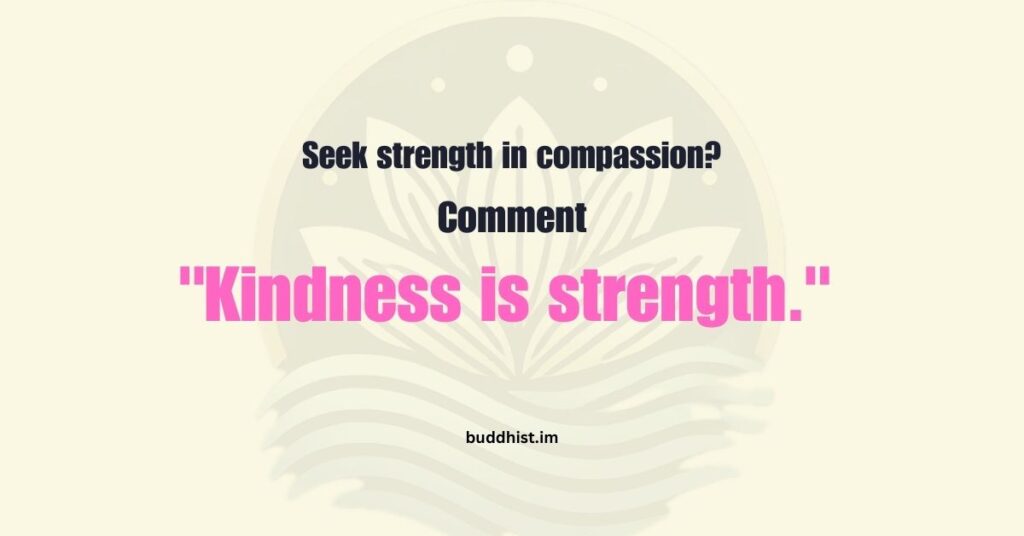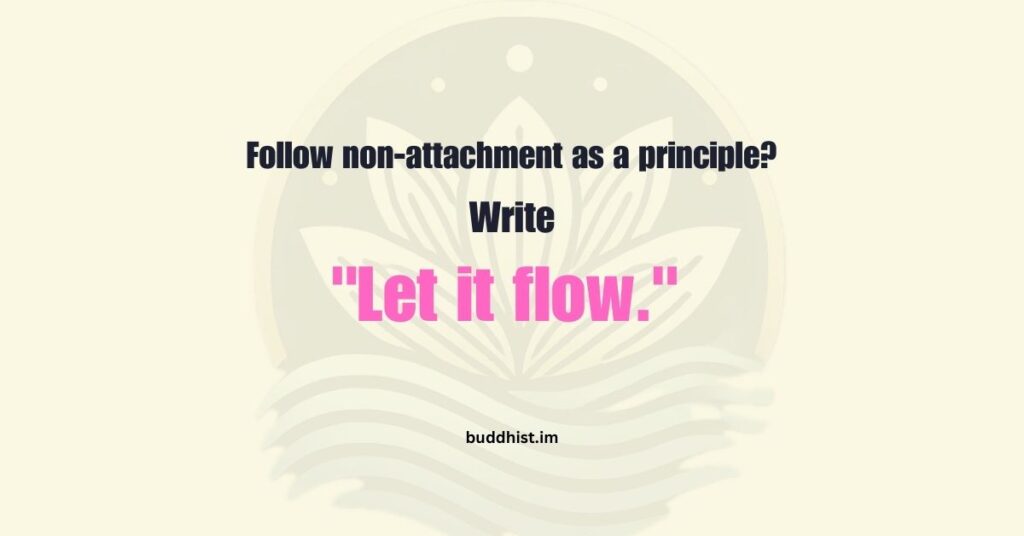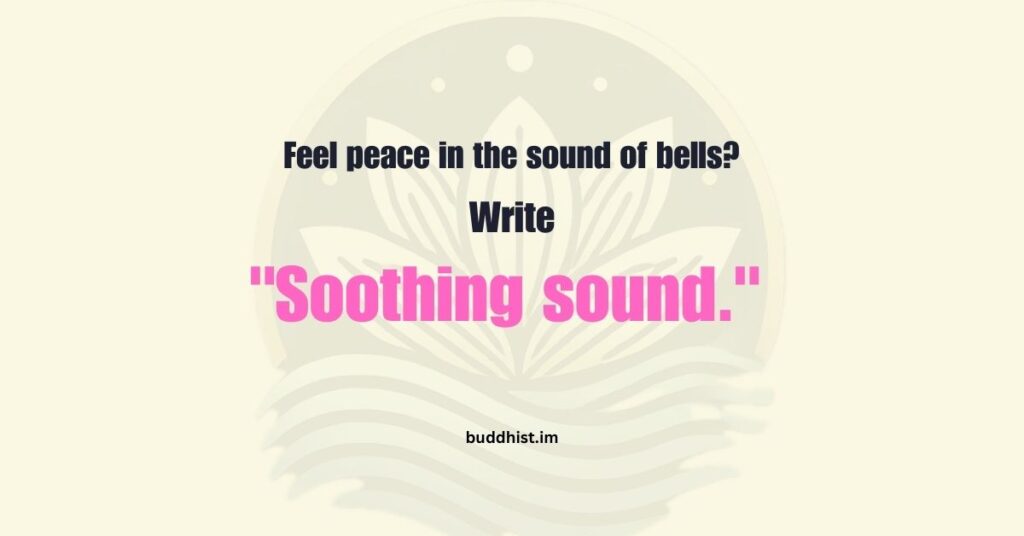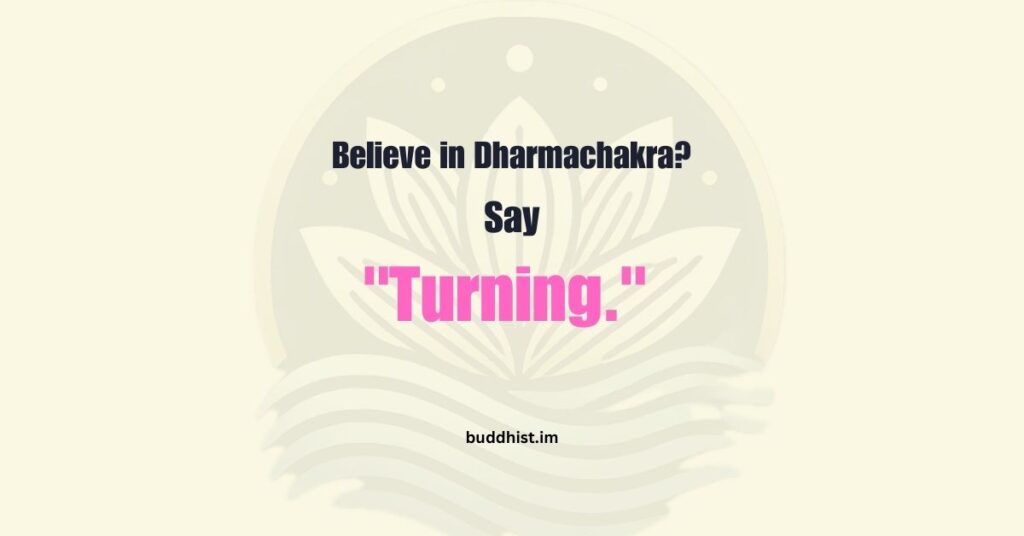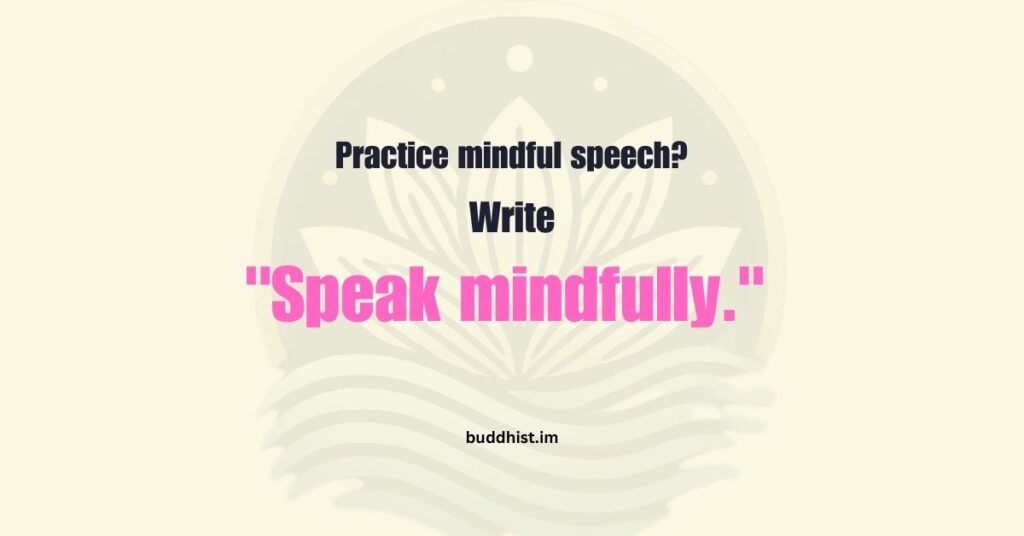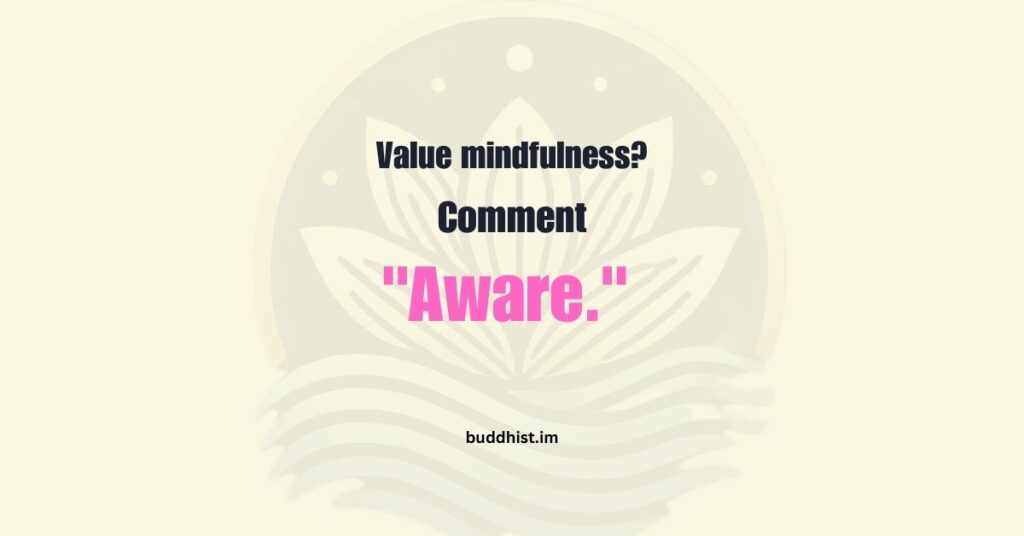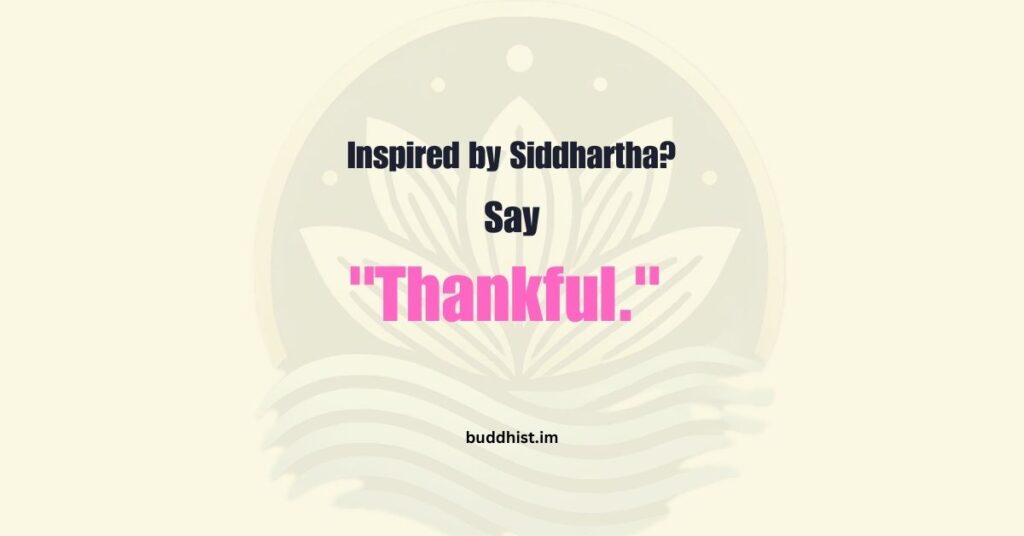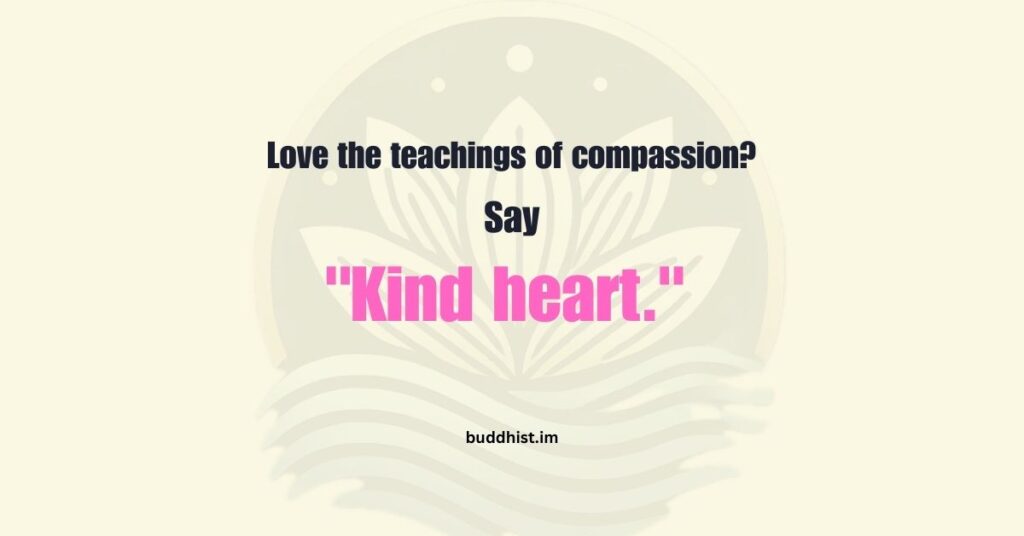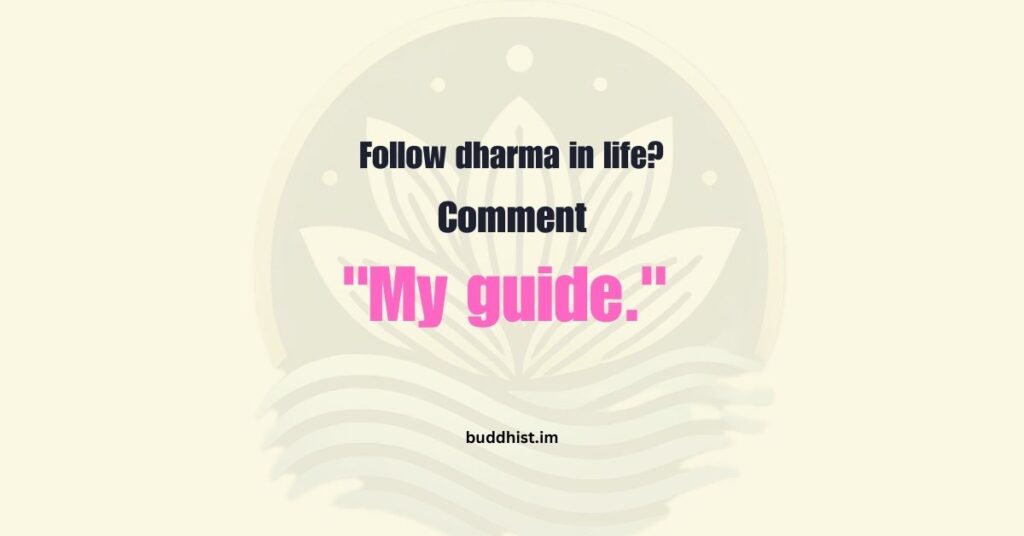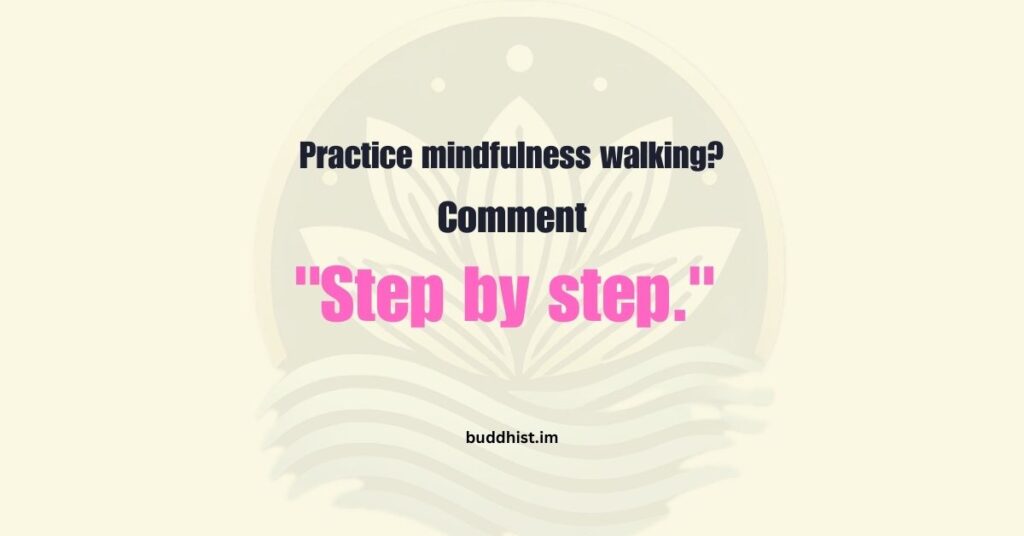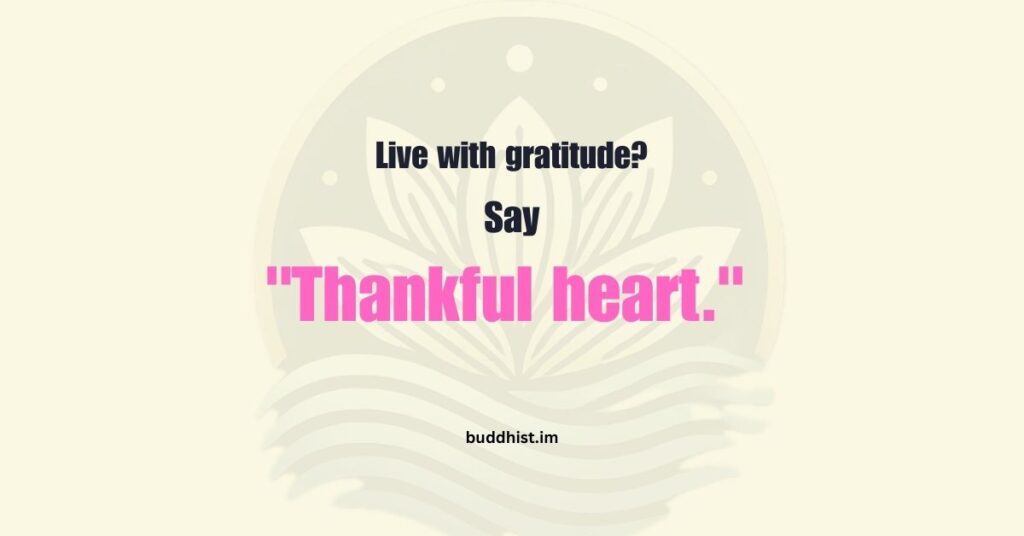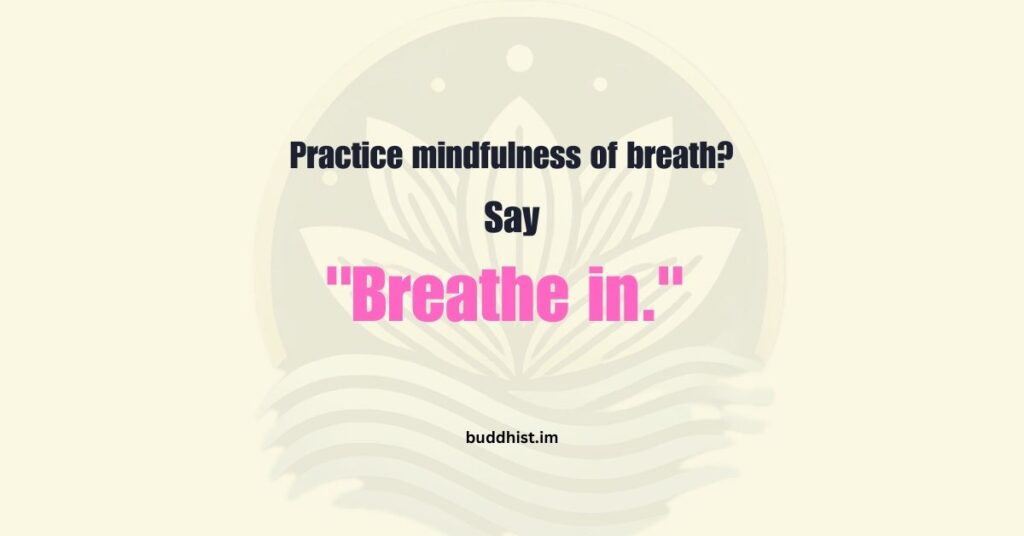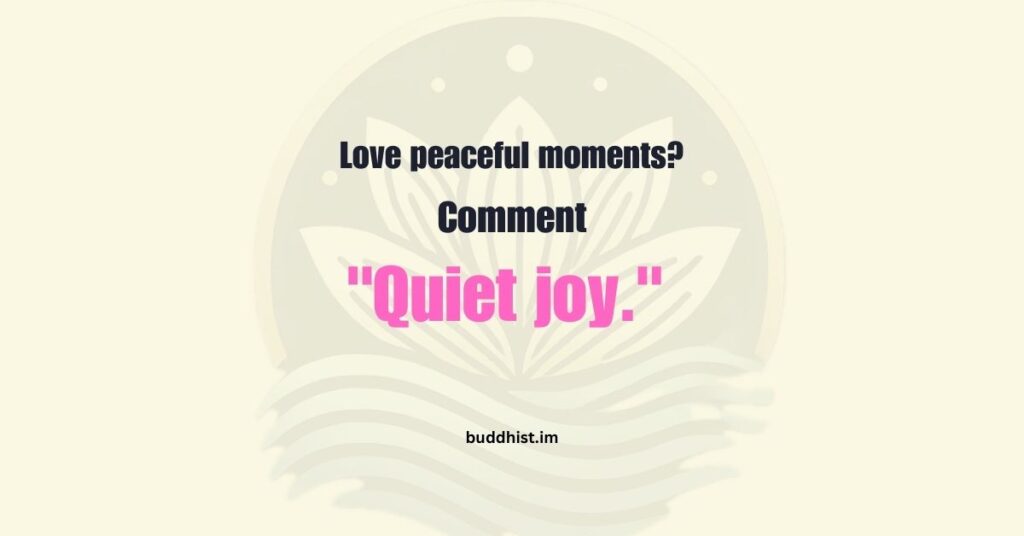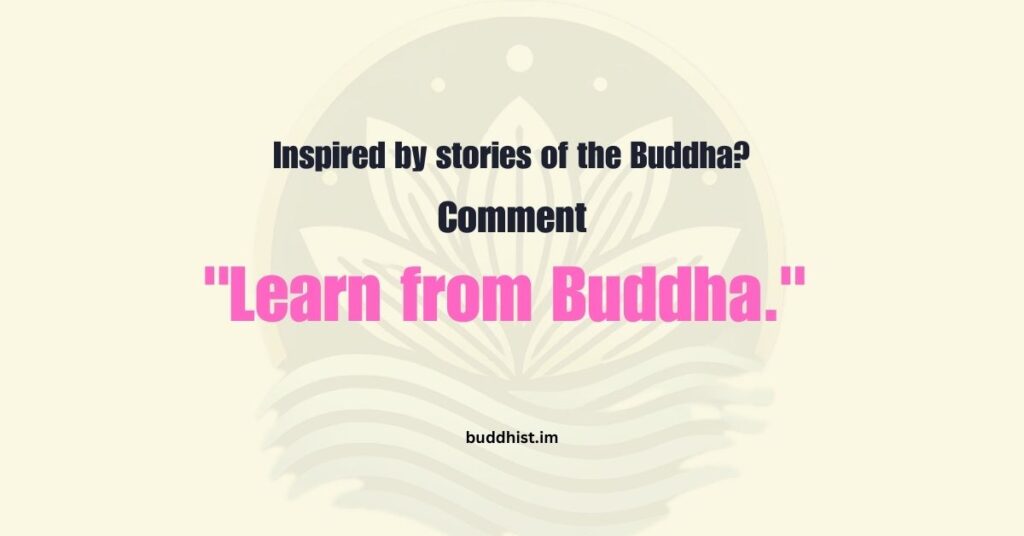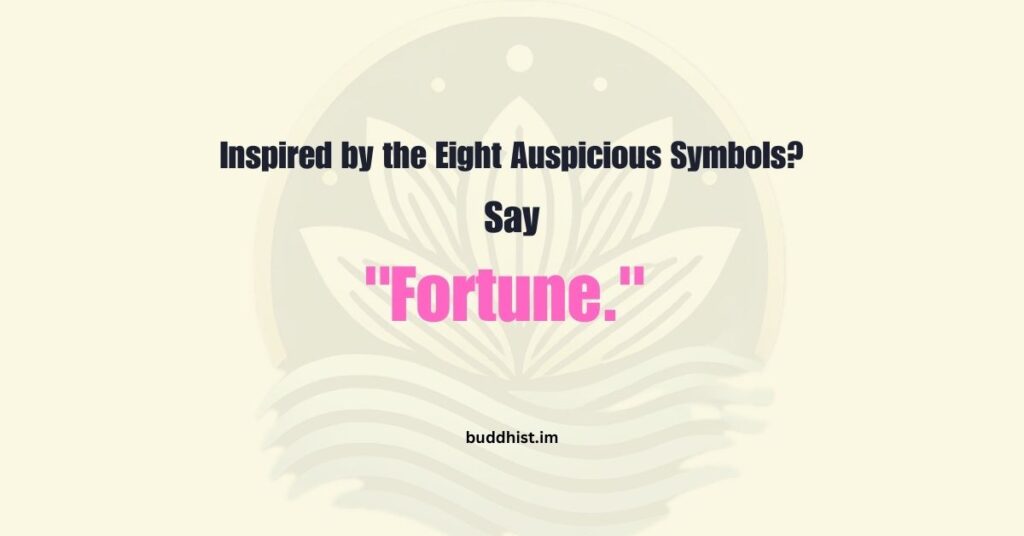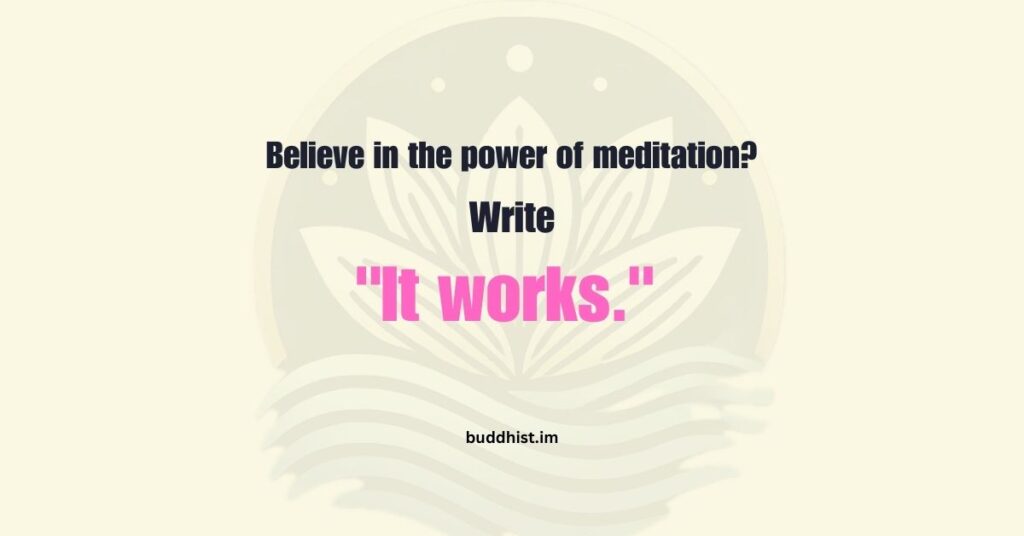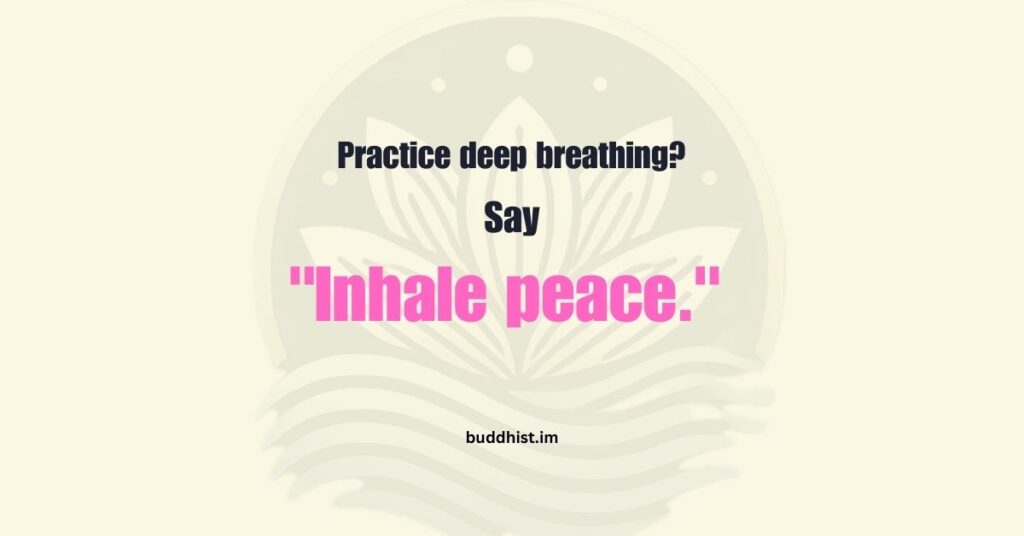Let’s talk about attachments, ladies. Not the kind you clip to your email, but those emotional and material ones that sometimes feel like they’re running the show. You know the drill: the sweater you’ll never wear again but can’t toss because Aunt Linda gave it to you. Or the belief that if you let go of a grudge, it somehow means the other person wins. (Spoiler alert: Nobody wins when we’re clinging to resentment.)
In Buddhism, attachments are a big deal because they’re one of the main reasons we suffer. But here’s a twist , our attachments don’t just affect us. They ripple outward like a pebble in a pond. So, who else feels it when we cling? Let’s explore this with a smile, some heart, and a sprinkle of Buddhist wisdom.
Your Family and Friends
First up: your inner circle. When we hold onto attachments, it’s like carrying a heavy purse full of random stuff you’ll never need , and insisting someone else carry it for a while. Whether it’s overprotectiveness of your kids, grudges against your partner, or clinging to an outdated idea of who your best friend “should” be, these attachments put a strain on relationships.
For example, your partner might feel smothered if you’re too attached to the idea of always doing things together. Or your kids might feel stifled if you can’t let go of their “baby” phase and allow them to grow. The good news? Releasing these attachments can open up space for deeper, healthier connections.
Practical Tip: Ask yourself, “Am I clinging to this out of love or fear?” If it’s fear, try loosening your grip and trusting the relationship will thrive.
Your Work and Community
Attachments can sneak into our work lives and community roles, too. Maybe you’re overly attached to being “the best” at what you do or always being the one who says “yes” to every volunteer gig. While ambition and generosity are wonderful, an attachment to being indispensable can lead to burnout , for you and the people counting on you.
When you’re stretched too thin because you can’t let go of control, others might feel the effects. A frazzled coworker or overcommitted PTA leader doesn’t bring the best energy to the table. On the flip side, when you step back and share the load, you’re empowering others to step up.
Practical Tip: Practice saying “no” with love and trust. Repeat after me: “It’s okay to delegate.” Your community will thank you.
The Environment
Oh yes, even Mother Earth feels it when we cling to attachments! Think about the physical stuff we hold onto because we can’t bear to part with it , the clothes we never wear, the gadgets we never use. All that clutter has an environmental cost, from production to disposal. Plus, the mental clutter it creates can keep us from focusing on more meaningful pursuits.
Minimalism aligns beautifully with Buddhist teachings. By letting go of unnecessary material possessions, we reduce waste, simplify our lives, and create a calmer mind.
Practical Tip: Channel your inner Marie Kondo and ask, “Does this spark joy , or attachment?” If it’s the latter, let it go and feel the lightness.
The Bigger Picture
Buddhism teaches interdependence , the idea that all beings are connected. When we cling to attachments, it creates a ripple effect. A grudge you hold might lead to tension in your family that affects everyone’s mood. Your attachment to being right in a debate could create division in your community. Even your inner turmoil can subtly influence the energy around you.
Conversely, when we practice letting go, the benefits also ripple outward. A calmer, more present you is a gift to everyone you interact with , from the barista at your favorite coffee shop to your closest loved ones.
Practical Tip: Meditate on the concept of interconnectedness. Visualize your actions and emotions as ripples in a pond. What kind of ripples do you want to send out?
How to Start Letting Go
Ready to lighten your load? Here’s how to start:
- Breathe and Be Present: Often, we cling because we’re stuck in the past or worried about the future. Focus on the here and now , it’s all we truly have.
- Practice Gratitude: Shift your focus from what you “must” have to appreciating what you already have.
- Embrace Change: Remember, impermanence is a cornerstone of Buddhist thought. Everything changes, and that’s okay.
- Seek Support: Whether it’s a meditation group, a trusted friend, or even a spiritual teacher, leaning on others can help you navigate the letting-go process.
Wrapping It All Up
When we cling to attachments, it’s not just us who feel the weight. Our families, friends, communities, and even the planet bear some of the load. But here’s the thing: letting go isn’t about losing; it’s about gaining freedom and joy. It’s about creating a life filled with love, connection, and ease.
So, the next time you find yourself holding on a little too tight , whether to a material item, a grudge, or an old belief , take a deep breath and ask, “Who else is affected?” Then, with kindness and courage, let it go. Your world (and the world around you) will feel so much lighter.
